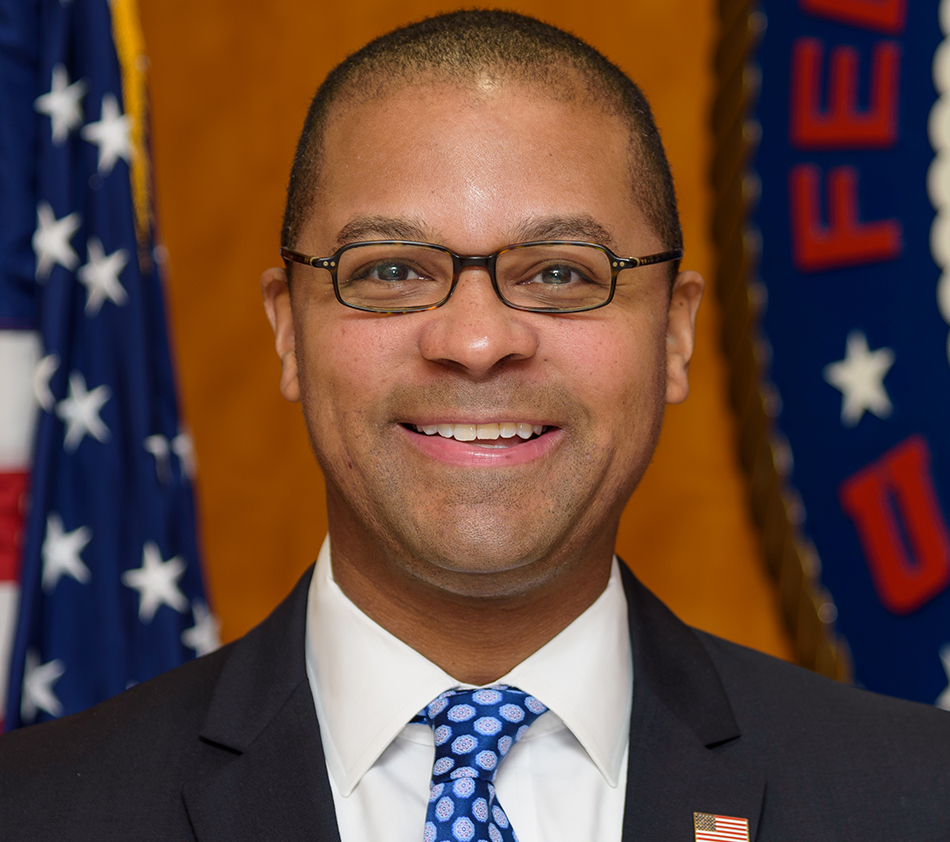CES 2020: FCC’s Starks Says Big Data Means Big Responsibility
Calls this key moment in future of AI-driven decision-making

The smarter way to stay on top of the streaming and OTT industry. Sign up below.
You are now subscribed
Your newsletter sign-up was successful
In an increasingly AI-driven world, the rise of Big Data needs to be met by a concommitant rise in "big responsibility."
That was the message Democratic FCC commissioner Geoffrey Starks delivered to the Consumer Technology Association's CES 2020 show in Las Vegas.
Speaking to CTA's Government Affairs Council, Starks said that this was a critical moment for "clear-eyed" analysis as everyone from retailers to law enforcement deploy systems making complex, automated, decisions based on enormous data sets.
RELATED: 5 Things to See at CES 2020
"We must undertake, right now and continuously, the thorough examination of all these new capabilities to decide now how we will ensure that they are all poised to serve a future that creates opportunities instead of reinforcing existing inequalities. A lot could go wrong, and it will be on us to ensure that it doesn’t happen on our watch."
"Insurance companies could use algorithms to deny life insurance to people who might otherwise qualify based on their actual health history," Starks warned. "Government agencies could apply algorithms to benefit review applications. Algorithms may even determine the deployment of 5G wireless service, deciding who gets it and who doesn’t. If the algorithm has embedded biases, people could be unfairly excluded."
Starks' concerns mirrored many of those expressed by Trump administration officials, who on the same day Starks was speaking (Jan. 6), were preparing to release new AI regulatory guidelines, including insuring that artificial intelligence-based systems are helping fight discrimination, not adding to it, a message the administration was also were expected to take to CES in Vegas.
The smarter way to stay on top of the streaming and OTT industry. Sign up below.
Starks said the U.S. needs to take the lead in international discussions about the future of AI technologies and that it has not been sufficiently vocal on the subject to date. He also said the culture-shaping decisions like who gets a mortgage or who gets stopped by the police cannot be handed over to algorithms "without significant human supervision."
But eve in the face of those challenges, Starks said he was optimistic about the future of an internet of things world with tech leaders "hard at work" to meet those challenges.
Contributing editor John Eggerton has been an editor and/or writer on media regulation, legislation and policy for over four decades, including covering the FCC, FTC, Congress, the major media trade associations, and the federal courts. In addition to Multichannel News and Broadcasting + Cable, his work has appeared in Radio World, TV Technology, TV Fax, This Week in Consumer Electronics, Variety and the Encyclopedia Britannica.

